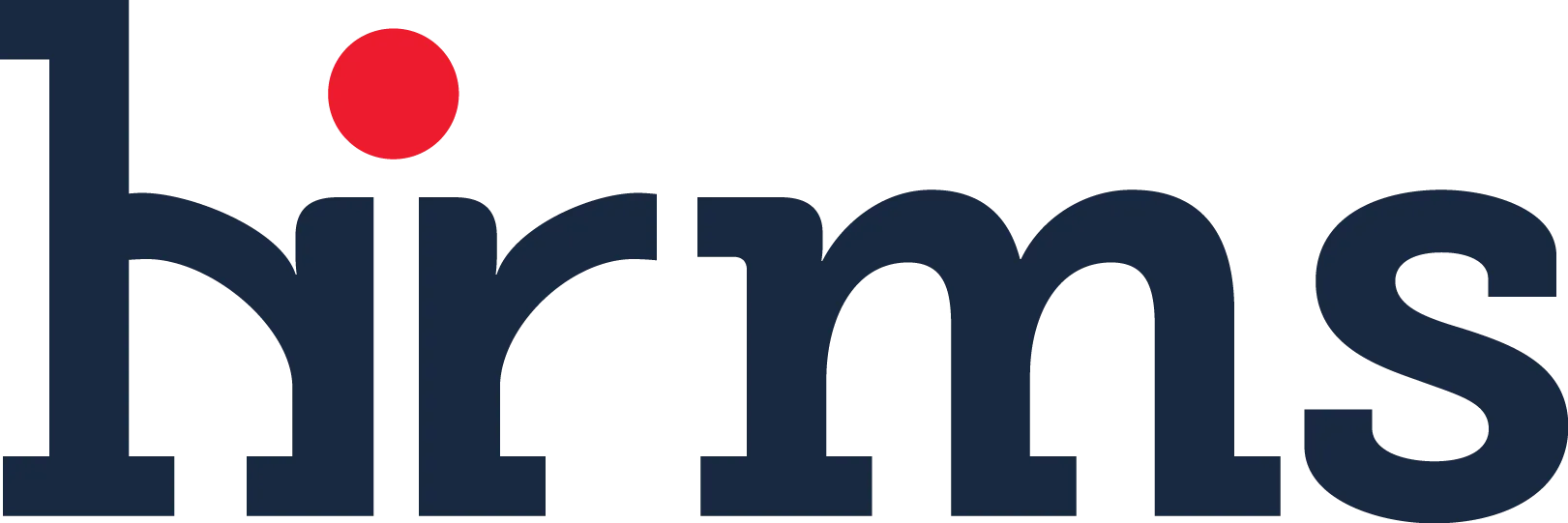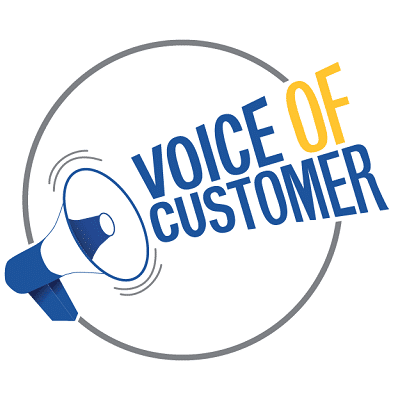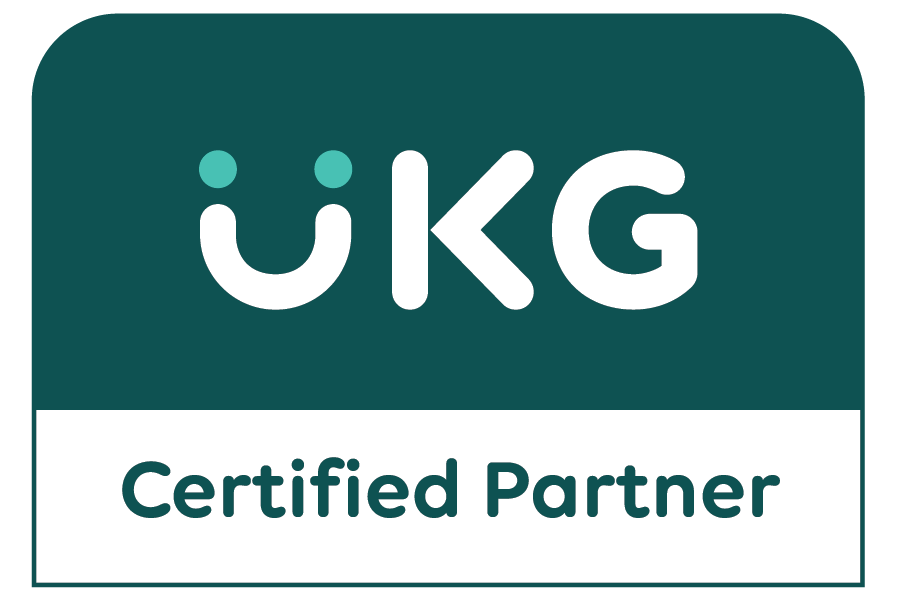Why are so many Electric Cooperatives investing in HR Technology and a Human Resource Information System (HRIS)?
Electric Cooperatives (Co-Ops) are faced with a unique challenge of having to manage multiple offices and field employees that operate hours away from “the office”. There is also no doubt that Electric Co-Ops face a mountain of regulatory compliance and consistent pressure from Federal and State entities that govern how their workforce is trained and certified to perform their duties. So again, why are so many Electric Cooperatives investing in HR Technology and a Human Resource Information System (HRIS)?
Each Co-Op has their own specific reasons, but a common theme that emerges amongst all Cooperatives, regardless of the size of the Cooperative’s workforce, is they want to connect with, develop and empower their employees. Cooperative business leaders are very aware that their company’s most valuable, but expensive asset, is their employees and they also know there is a much better way of managing this human asset besides using spreadsheets.
The most common and compelling reasons why electric cooperative executives invested in HR Technology and purchased a HR software solution include:
1. Staying engaged with employees
A large portion of Cooperative employees are people that simply don’t go into an office every day. Dissemination of company information, acknowledgements, policies and company objectives become extremely difficult to deliver without the proper infrastructure and tools. Through the use of a technology portal, also known as Employee Self Service (ESS), employees can remain informed and connected with the organization anytime, anywhere and from any device. Company documents (i.e. handbooks, policies, etc.) can be distributed and signed off on by employees, announcements (e.g. benefit open enrollment period, new hires, etc.), a company directory, and internal job postings can be posted, and organizational goals can be cascaded down though the organization and to each individual contributor. One executive summarized it well; “Strong employee engagement has a direct impact on increased productivity, better service and longer employee tenure.”
2. Integration to Utility ERP system
Having the system of record, the HRIS, seamlessly interface to the Utility ERP system is critically important to maintain consistency and accuracy of data, while eliminating duplicate data entry.
3. Automating performance reviews and goal management
Perhaps the largest pain point I hear from Cooperatives is executing on their performance review process. Setting, maintaining and monitoring of goals and objectives; the lack of visibility to the review process and the status of appraisals; and the manual and labor intensive process inherent with reviews are all difficulties being faced. Using an HRIS will manage the entire performance appraisal process by generating job-based reviews, notifying employees when it is time to complete their self-assessment, providing the mechanism by which employees, managers and HR professionals conduct the reviews and delivering a tool with capabilities to analyzing an organization’s performance review data at both the individual and company levels. By deploying this type of automation, in tandem with ESS, organizations experience a significant increase in completion rates and timeliness of their reviews. Ultimately, the goal is to provide meaningful and timely feedback to employees, identify gaps for future training and development and provide executives with metrics to identify your top, middle and bottom performers.
4. Managing certification and training requirements and training
Lineman, engineers, surveyors and technicians all have extensive requirements for their jobs. An HRIS system can easily be configured to track and maintain the training courses, certifications, licenses and competencies for these and all other cooperative employees. Some HRIS systems are even sophisticated enough to automatically assign employees to training courses, programs or curriculums based on their job assignment. In addition, these systems can generate email notifications well in advance of courses and certifications that are expiring in order to keep everyone organized and accountable. Certainly a very big task administratively if done manually, but by automating and tracking this with a HRIS, it ensures that you remain in compliance with all regulations.
5. Eliminating paper and manual efforts
Eliminating paper and manual processes entails everything from simple to the complex workflow processes. Utilizing an HRIS as your system of record (SOR) will eliminate disparate spreadsheets, eliminate errors, improve efficiencies, increase the effectiveness of your human resources department/team, deliver accountability and provide executives with actionable metrics and accurate data analysis.
Although these are the primary reasons Electric Co-Ops acquire a HR system, there are numerous other advantages to implementing an HRIS (i.e. automating benefits management, open enrollment and benefit carrier connections; managing the requisition, candidate and recruitment processes; producing compliance reports for Affirmative Action (AAP), EEO, OSHA; workflow automation and accountability, etc.) that Co-Ops should consider. Keep in mind that specific functional needs and budgets do vary from organization to organization and it is critical that each cooperative first prioritize their needs and requirements in order to find the right HR Technology solution that fits within their budget.





